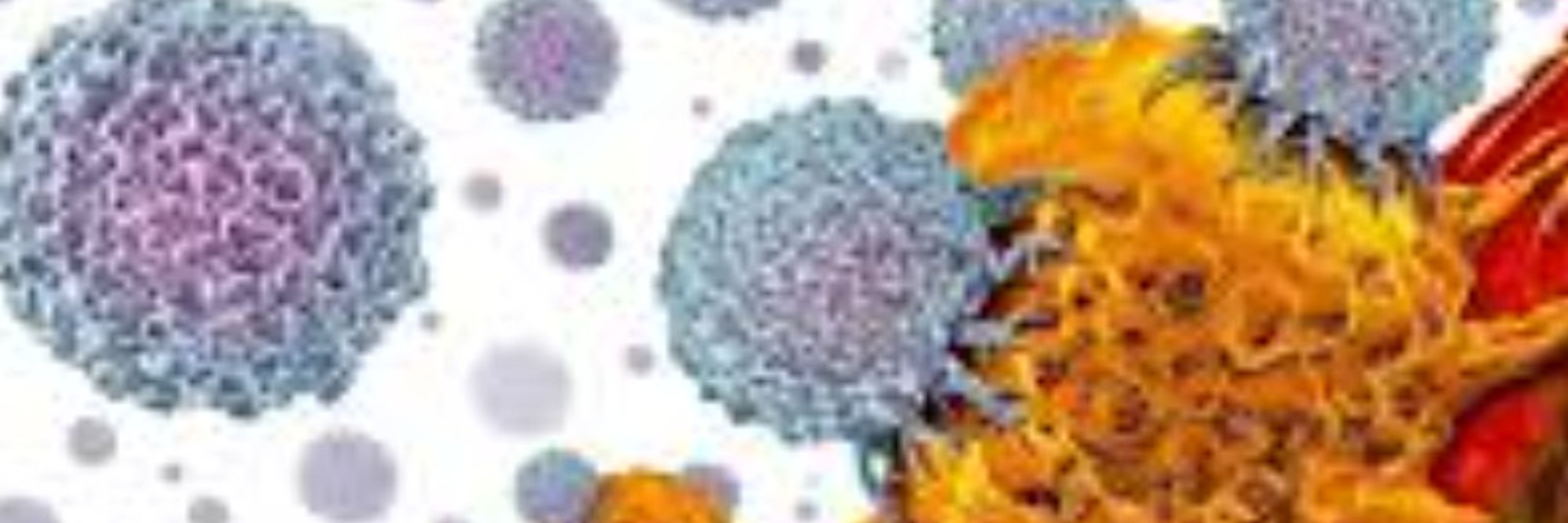Marc Veldhoen
@marcveld.bsky.social
11K followers
1.3K following
17K posts
Professor of Immunology 🇳🇱 🇬🇧
Lisbon, 🇵🇹
#Immunology
Time for Science, not silence
https://scholar.google.co.uk/citations?user=7vG1jLIAAAAJ&hl=en
https://orcid.org/0000-0002-1478-9562
threads.net/@marc_veld
mastodon.online/@marc_veld
Posts
Media
Videos
Starter Packs
Pinned














